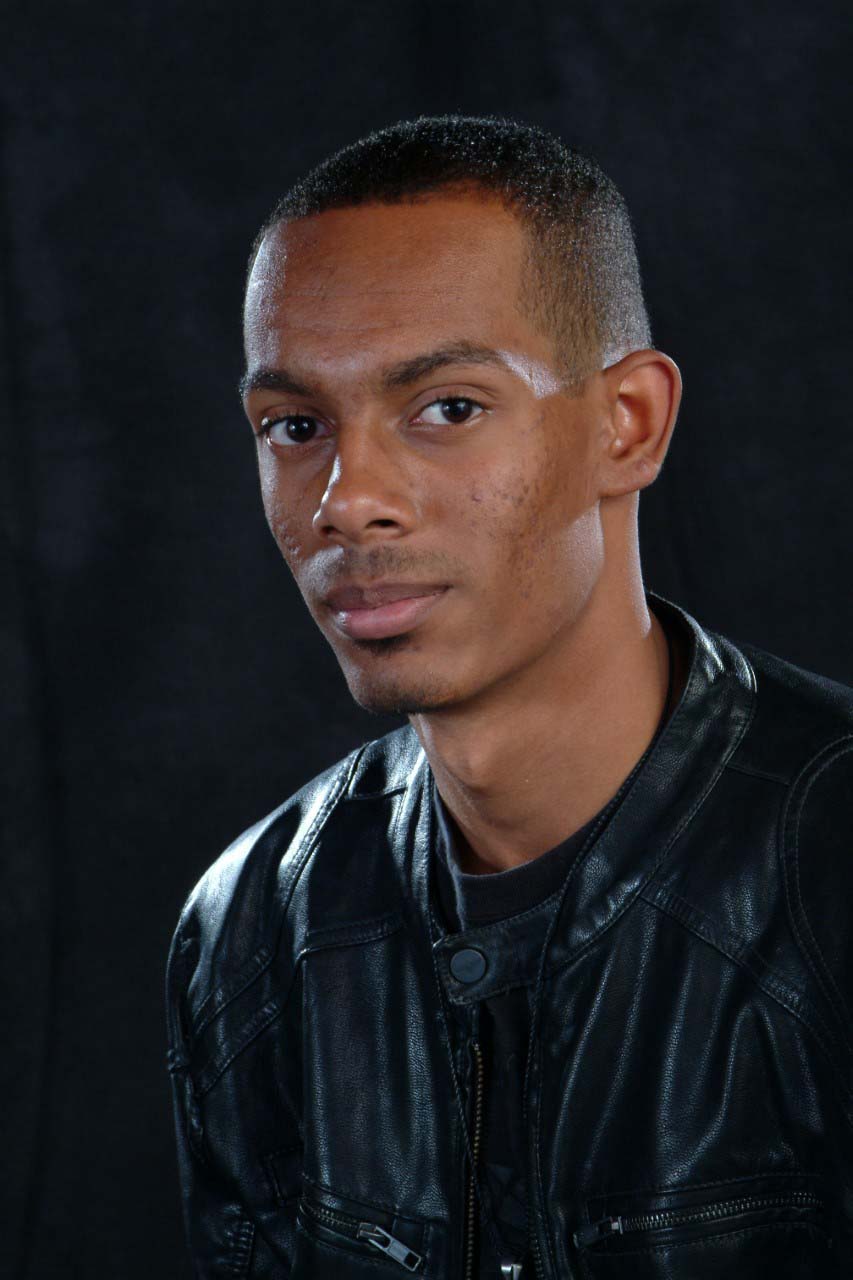
Listen to youth as they stand up, walk out and speak louder
In a day and age where students of all ages from elementary school to college are participating in walkouts for a cause that they believe in, it is emphasized how little the youth are truly listened to by the national government. These acts by the government are unfortunate, given the fact that the youth will be the ones making the calls in the not too distant future.
In schools, we emphasize learning and education for youth so they can become working members of society, able to make their own educated choices.
But when students (specifically under the age of 18) decide to speak up and to try to make choices and changes in society, they feel like the government doesn’t serve them. There is an air of truth to that statement, but it’s not because the world is out to get them.
The reason why the government doesn’t serve the youth is that they aren’t the ones who vote; quite simply, they aren’t able to.
This problem is something that boils down to the fact that both politics and the youth of the country share one major trait: they are both self-serving. The politicians believe that it isn’t in their interest to cater to the youth because they don’t get anything out of it, and the youth believe that the politicians don’t care about them, which creates an unfortunate loop of distrust and a lack of listening to each other.
This feeling that politicians don’t care about the voice of the youth is emphasized even today when the national government has decided to abandon their promises to work for gun control measures despite walkouts among college and grade school students.
As children, we’re treated like we know nothing and should just sit back and watch as the “grown ups” do things and learn from them, and when we do offer an idea, it’s pushed aside because we’re a child. But when so many youth gather together to make something a focus, can the government really afford to ignore them?
People might say that in reality, specifically the younger generations, they just don’t participate in politics for one reason or another, but to say that would be wrong. The difference is that those under the age of 18 today participate in ways that previous generations did not do nearly as much, things like walkouts, volunteering out in public, and just protests in general. In the past protests like this were primarily participated in by adults, while their children would stay in schools.
Oftentimes these are the only ways for the youth to be heard because they can’t vote, but when these actions are ignored or achieve no results, they become suspicious.
The youth cannot vote, but they do try to make their voices heard. If we ignore them when they become the ones in power they will remember, and then the world will have no choice but to address the problems that they care about.
